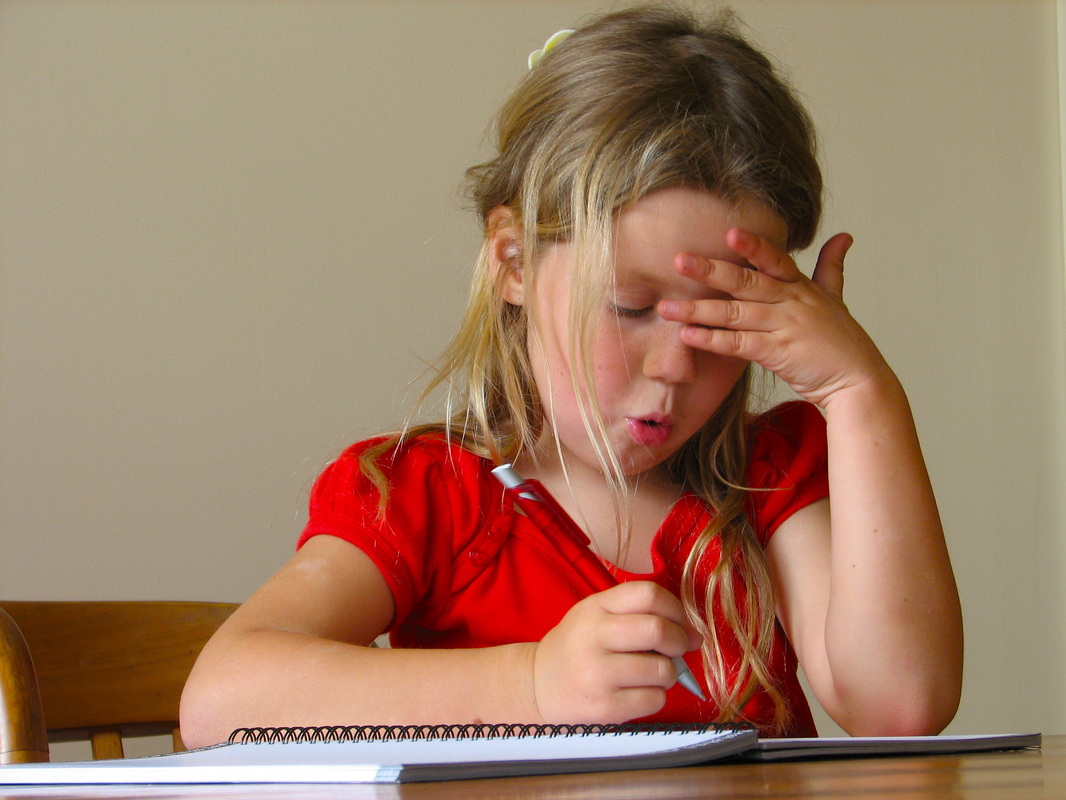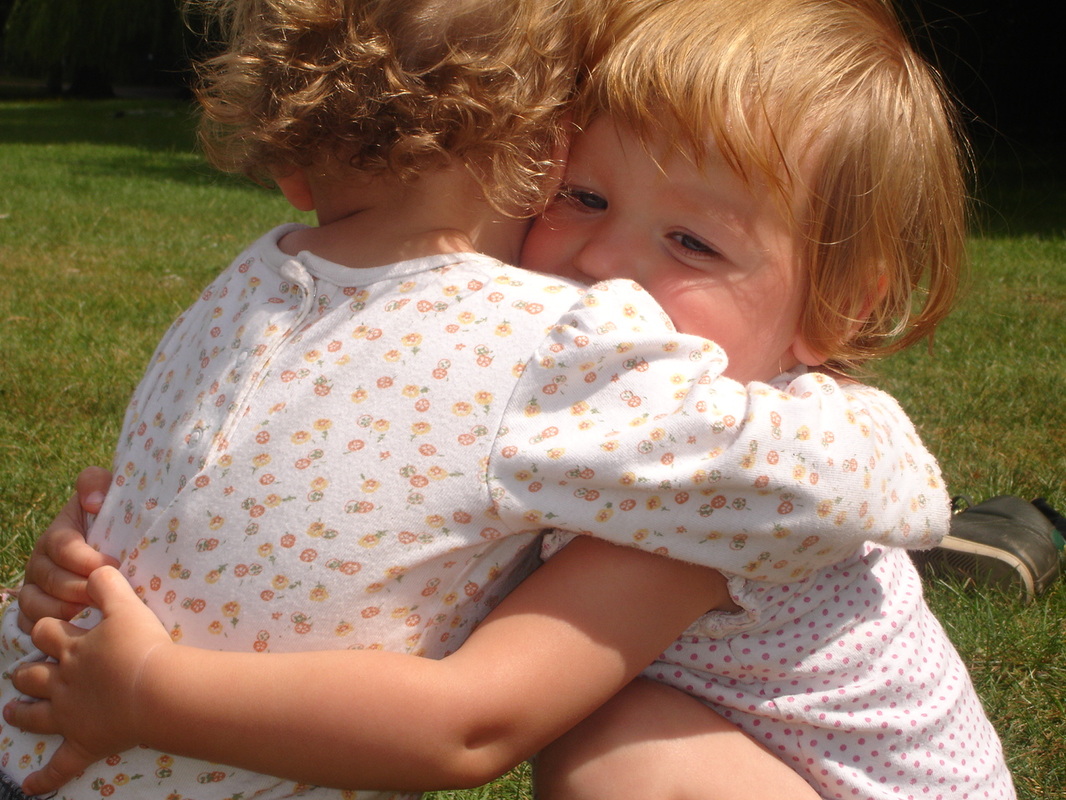|
The meaning of Life Literacy and numeracy: two words that have acquired magical properties in many people’s minds. If we can concentrate on literacy and numeracy and lift our national standards so that no child is left behind all will be well. All will be well with what? All will be well with our economy, our GDP, our growth rate, our balance of payments? Or all will be well with our children? It seems to me highly unlikely that the zenith of human education is to be groomed as an economic unit in a mercantile system. I wish for you... When holding a new baby and gazing in awe of the potential of this new life, it is doubtful that parents, grandparents or fairy godmothers murmur into the baby’s ear, “I wish for you to be a great reader and good with numbers”. A politician or ministerial advisor maybe, but no-one who had the child’s best interests at heart. “May you know love, happiness and friendship,” is the silent heart-felt wish for each new baby. Have Ph.D., am suicidal Love, happiness and friendship are the zenith of human existence. While I am certainly not advocating illiteracy, there are people all over the globe who have love, happiness and friendship and can neither read nor write nor do long division. Conversely, there are people who can do calculus blindfold and read in four languages, and yet still they long for love, happiness and friendship. The correlation between lack of love, happiness and friendship (particularly in the first years) with poor physical health, poor mental health, social dislocation, scholastic underachievement and prison terms has long been understood. An economic advisor with a long-term-big-picture-view would see the potential to save money by altering the focus of the education system, particularly in the early years, starting with parent education.* First things first Literacy has two meanings and one is ‘competence or knowledge in a specified area’. The baby who arrives on this planet has an overwhelming need to grow competence and knowing in the specific area of getting along with people. Humans are social beings, hard wired with the responses which set them up with the potential to achieve ‘competence and knowledge in the specified area’ of human relations - but whether they do or not depends on the big people around them, as we will see. The apprenticeship is served with the mother (and father) and is dependent on how well the mother can grow a peaceful partnership with the child. The mother serves as ‘the trainer wheels of nurture’ until the baby is able to regulate her own physiological systems independently. (If it cannot be the mother because the child is in care, the child must have one trusted caregiver who substitutes for the ‘regular trainer wheels of nurture’.) This partnership is the foundation of the most important literacy of all - people-literacy, or social skills. It’s a pretty big job Children are not designed to start reading and writing before they can get along with their own kind. Nature is not that silly, so the child is genetically programmed for people-literacy first. Just as with any other literacy, becoming literate in social skills takes time, and the right time is during the first six years. It is the emotional anchor established in the partnership with the mother and family that is the foundation for learning all the other skills required to be certified as literate in people skills. And there is plenty to learn. When people literacy is taken seriously and supported each child will • learn how to be empathetic to the feelings of others • learn how to grow, exercise and manage their will • learn how to ask for their needs to be met • learn how to say no and to stand up for their own needs and rights • learn how to negotiate • learn how to manage and express their feelings safely • learn the difference between using power or force with others • learn how to stay in their power in conflict situations and never resort to using force • learn conflict resolution skills • learn the speech patterns which are non-violent and lead to solutions • learn the social conventions we call manners Monkey see, monkey do Many of us grew up in the company of adults who themselves had few of these skills so there wasn’t a chance we could download these skills effortlessly during those first years when ‘sponge learning’ was our speciality. Because our children under six years old are ‘sponge learners’ the curriculum will always be secondary. Children do not download the curriculum, they download who we are; both who we are consciously and who we are below the level of our own awareness. They ‘soak in’ what we say, what we expect, how we behave, our prejudices, our biases, our loves, our dislikes... In turn, they play out the behaviour they have downloaded from those around them, and many of us have been alarmed to see ‘our-less-than-elegant-selves’ turn up in children’s play. It’s all about me Read over the above list again and you, like me, might see that there are things there that you haven’t perfected yet. The question for me is, what are the chances of children becoming people-literate, with honours, in my presence? Can I do all of the above list, elegantly? And if not, am I prepared to become aware of any short-comings and work on them? Working with integrity at improving my people-literacy (including healing the hurts of my heart) will be my biggest contribution to children’s people-literacy, and in turn, to their chances of love, happiness and friendship. Can all children be wrong? So where does that leave us over the planning for people-literacy that the box-tickers and the measurers are so fond of? Consult the children. They are the experts at devising the living short term plan, the living long term plan, and a living curriculum which develops all of their potential in those critical years. All over the world, in every culture, in every age, and without any adult input, all children know what to do. They play. Play is genetically encoded into mammals as the way to grow the skills needed for surviving and thriving. Both ‘mammal’ physical play, and human imaginative play are genetically encoded into human children as their way to learn people-literacy. When children play together they create a ‘laboratory’ where they not only get to try out their people-skills, practice and perfect them, they get to respond to their encoded human play-patterns. Acting on these patterns provides the physical workout that grows their brains, imaginations, intellects (head), intelligence (heart), creativity, problem solving - and their skills for being a friend. As the Dalai Lama has said, “Friendship is the highest form of love”. Shift focus When children can follow their urge to play with friends, the dynamics between children create a very rich mix in their ‘play laboratory’. There you will find joy, delight, success, collaboration, harmony, exhilaration, love and happiness. You will also find despair, separation, exclusion, envy, failure, conflict, discord and unhappiness. How will children learn to manage the less-than-elegant situations, and the very strong feelings that are part of the less-than-elegant situations? That depends on you and the kind of support your offer children as they learn to manage the inelegant single-handedly. As a first principle, you will not solve it for them. If adults always leap in and sort out children’s problems they rob children of the chance to accomplish the more complex skills of people-literacy at the time when it is easiest to learn.** In the same way that learning a language is easy while children are in their ‘sponge learning’ stage, learning the language of people-literacy is easy in the early years. Literacy. Big deal. Literacy is a big deal. Competence and knowledge in specified areas gives children the edge when it comes to living, loving, studying, working and playing. Who wouldn’t want that? But instead of the huge push for the abstract-symbolic-metaphoric literacies of reading and numeracy, let’s start at the beginning with people-literacy and set our children up for love, happiness and friendship first. These are the skills for creating heaven on earth. People literacy first, what's second? The second big literacy children crave in those first six years is eco-literacy. And surprise! Surprise! Eco-literacy dovetails perfectly with children’s drive for people-literacy. Children simply need to play outside to have the chance to grow in competence and knowledge about this earth which is their home. If we are serious about eco-literacy we’ll need to get serious about what constitutes ‘outside’ at our place: on the grass (not on rubber matting), in the garden (not in a wasteland devoid of flowers and shrubs), in the trees (not on plastic and tubular steel), in the bush, on the beach... But that’s another story. * Check out this TED talk with Art Rolnick for an economic focus on the value of early education and parent education to a nation's monetary health.
•• Of course, you will not allow them to harm each other.
2 Comments
|
Author
Still a believer in the printed word - does that make me a fossil? Archives
April 2020
Categories
All
|


 RSS Feed
RSS Feed
